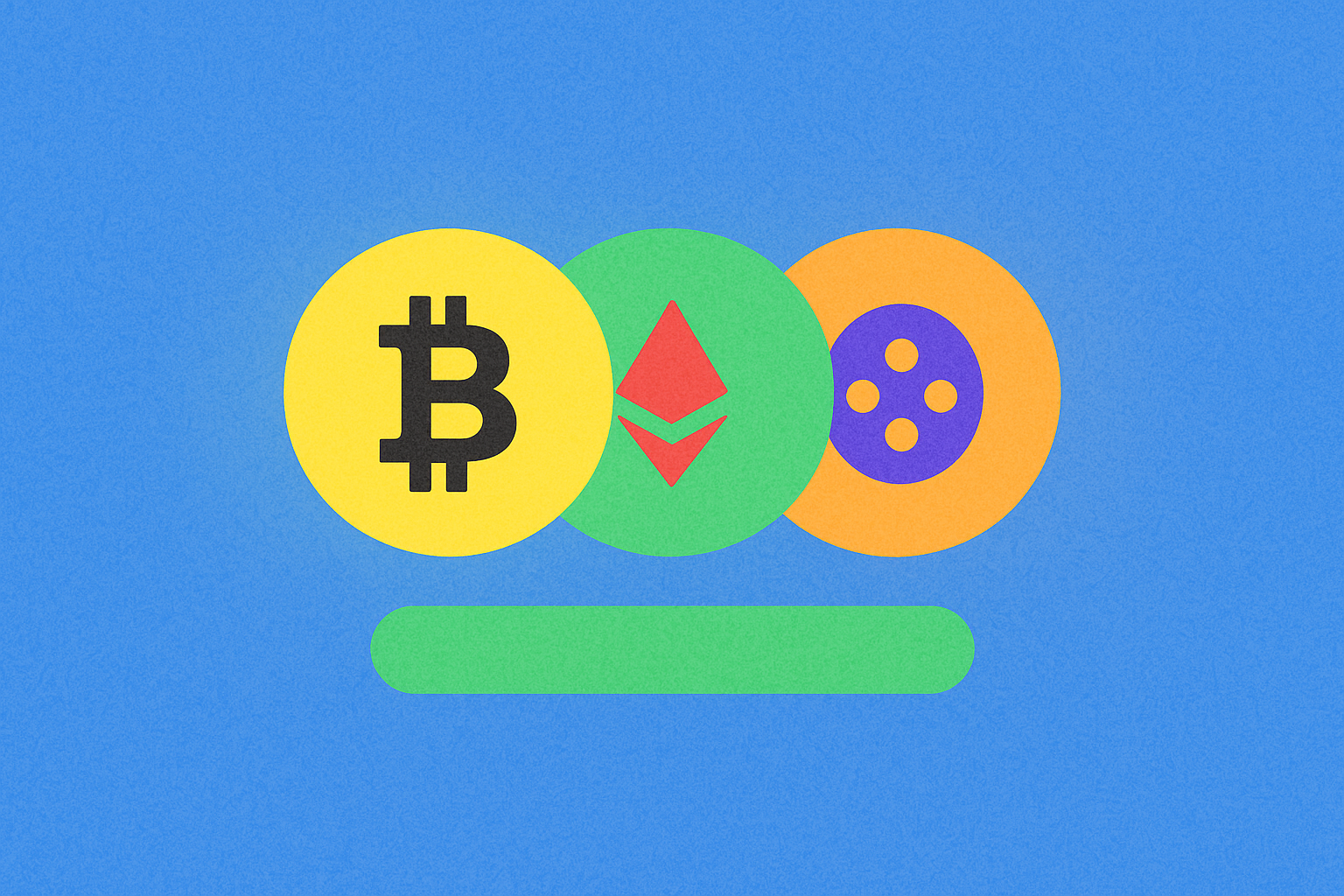bit pay

BitPay is one of the earliest and leading Bitcoin payment processors globally, established in 2011 to help merchants accept cryptocurrencies as a payment method. As a pioneer in the cryptocurrency payment space, BitPay provides merchants with a complete solution to seamlessly receive Bitcoin and other cryptocurrencies, with the option to instantly convert these payments into fiat currency, thereby mitigating the risk of cryptocurrency price volatility. By reducing transaction fees, eliminating fraud chargebacks, and enabling cross-border payments, BitPay offers an innovative payment alternative for the global business environment.
Market Impact
BitPay's market impact in the crypto payment sector is manifested in several key areas:
- Business adoption: BitPay has processed billions of dollars in Bitcoin payments, helping thousands of merchants worldwide accept cryptocurrencies, including notable brands like Microsoft, AT&T, and Newegg, significantly promoting the adoption of cryptocurrencies as actual payment methods.
- Industry standards: As an industry leader, BitPay has established best practices and technical standards for crypto payment processing, with its payment protocols being widely referenced and adopted.
- Market education: By providing merchant and consumer education, BitPay has helped popularize knowledge about crypto payments and lowered the barrier to entry for merchants.
- Ecosystem expansion: BitPay not only provides payment processing services but has also launched cryptocurrency wallets and prepaid cards, enriching the crypto payment ecosystem.
- Multi-currency support: From initially supporting only Bitcoin, BitPay has expanded to support multiple mainstream cryptocurrencies, including Ethereum, Litecoin, and stablecoins, enhancing payment flexibility.
Risks and Challenges
Despite its significant achievements in the crypto payment field, BitPay still faces a series of risks and challenges:
- Regulatory uncertainty: The regulatory frameworks for cryptocurrency payments are constantly evolving worldwide, compliance costs are high, and legal gray areas exist, requiring BitPay to continually adapt to regulatory requirements in various regions.
- Volatility management: The high volatility of cryptocurrency prices poses risks to merchants. Although BitPay offers instant fiat settlement, market volatility can still lead to processing delays or price disparities.
- Blockchain scaling issues: During network congestion, transaction processing speeds decrease and fees increase for Bitcoin and other blockchains, affecting user experience.
- Increased market competition: As the crypto payment field matures, more competitors are entering the market, including traditional payment giants like PayPal and Visa, which have begun offering crypto payment services.
- User education and adoption: Despite increased awareness, consumer and merchant understanding and acceptance of cryptocurrencies remain limited, affecting the widespread adoption of BitPay services.
Future Outlook
The future development prospects of BitPay primarily revolve around several directions:
- Lightning Network integration: BitPay is expected to further integrate Bitcoin Lightning Network technology to increase transaction processing speed and reduce fees, particularly for small payment scenarios.
- Cross-chain payment solutions: With the development of different blockchain networks, BitPay may develop more sophisticated cross-chain payment technologies, enabling seamless conversion and payment between different crypto assets.
- Financial services expansion: Beyond basic payment processing, BitPay may expand into broader financial services, such as cryptocurrency loans, yield products, or more complex business financing solutions.
- Global payment network: Leveraging the borderless nature of blockchain technology, BitPay has the potential to establish a truly globalized payment network, with particular focus on markets underserved by traditional financial services.
- Central Bank Digital Currency (CBDC) integration: As central banks launch digital currencies, BitPay may evolve to become a bridge connecting traditional CBDC systems and decentralized cryptocurrencies.
BitPay represents a key force in the transformation of cryptocurrencies from purely speculative assets to practical payment tools. Through continuous innovation and adaptation to regulatory environments, BitPay has not only promoted the practical commercial application of cryptocurrencies but also provided an important reference for the future evolution of global payment systems. As an industry pioneer, BitPay's development trajectory will continue to influence the maturation and popularization of the entire crypto payment sector.
Share
Related Articles

In-depth Explanation of Yala: Building a Modular DeFi Yield Aggregator with $YU Stablecoin as a Medium

BTC and Projects in The BRC-20 Ecosystem
